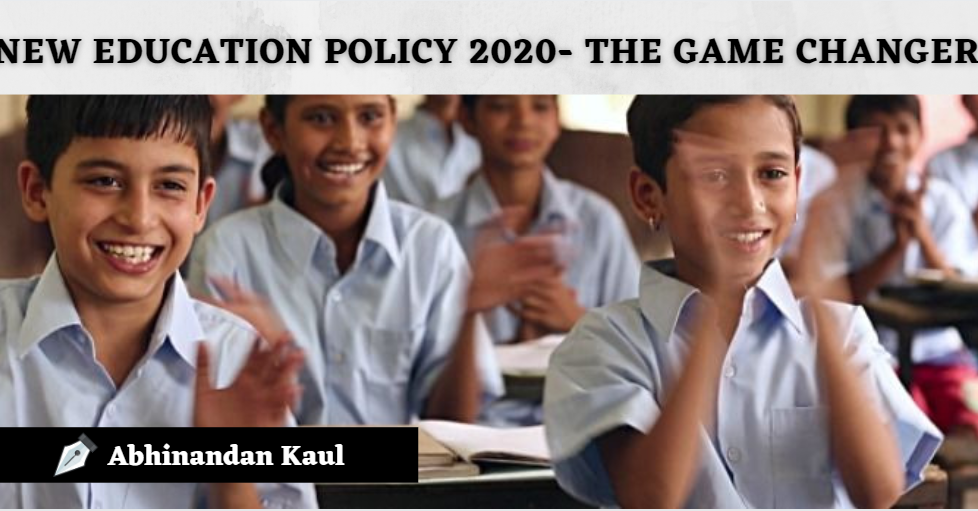New Education Policy 2020- The Game Changer
On July 29th 2020, the Union Cabinet approved the much awaited New Education Policy (NEP) which aims to transform the education system of the country, in sync with the needs of the 21st century. The Cabinet has also renamed the Ministry of Human Resource Development (MHRD) as the Ministry of Education.




